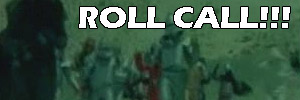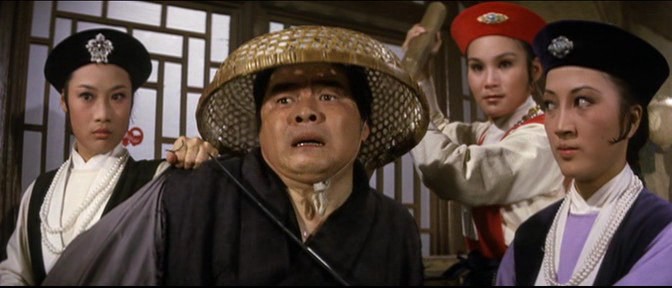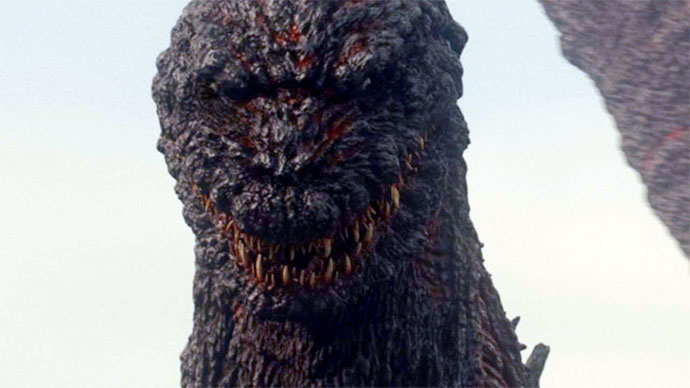The Fate of Lee Khan
aka 迎春閣之風波 aka Ying Chun Ge Zhi Fengbo

1973![]()
Written by King Hu and Wong Chung
Directed by King Hu

King Hu’s works are amazing, and he is one of the most influential artists in martial arts film history. That being said, The Fate of Lee Khan was made after Dragon Gate Inn and A Touch of Zen, and the biggest flaw is it just doesn’t live up to those classics. It is a good story, full of intrigue and great choreography. But it just feels smaller scale and lacks some of the smaller character moments that a smaller story should have. Lee Khan just doesn’t seem as dangerous as he should be considering he is supposed to be this big ultimate villain. The best way to describe him would be as the mediocre villain of the second film in a super hero series who bridges the gap before the more memorable villain in the third film.
The word is The Fate of Lee Khan was one of two productions of King Hu’s under his company, Gam Chuen (the other was The Valiant Ones). The films were to be distributed by Golden Harvest, who would gain the rights to Lee Khan while Hu would own The Valiant Ones. As usual, Hu’s films fell behind in filming, Lee Khan was barely finished by 1973, while The Valiant Ones wasn’t completed until 1975, and Gam Chuen then petered out.

It is a time when the Mongols have overstayed their welcome and General Zhu leads an army to fight them, spies are rife and everyone is paranoid. Lee Khan is a local overseer of two provinces and prince of the royal family, with his sister Lee Wan-Er as his loyal assistant. He found a member of General Zhu’s army to sell out and leaves to personally receive a map of battle plans. But this leads to opportunity and intrigue at a local inn, as these matters often do…

|




























